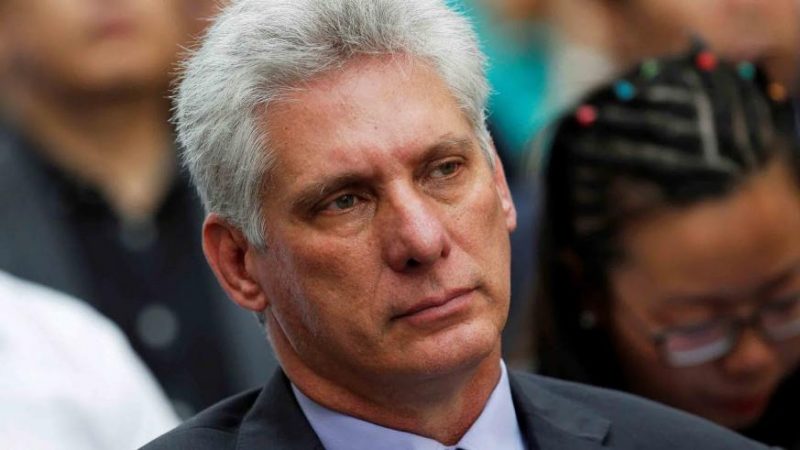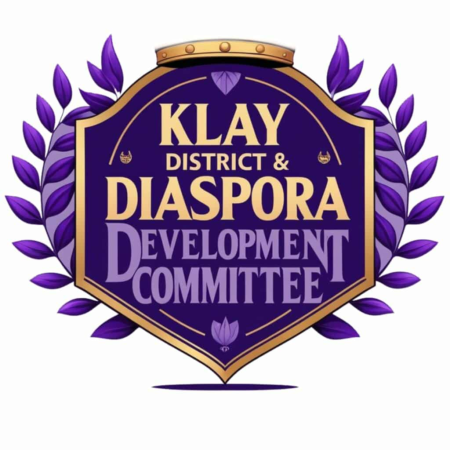Cuba’s political landscape is undergoing a significant shift with the removal of the presidential age limit, a move that has sparked both intrigue and concern. The amendment, approved by the Council of State and ratified by the National Assembly, eliminates the previous maximum age of 60 for presidential candidates, while retaining the two-term limit and the minimum age requirement of 35. This modification comes just five years after the inclusion of age and term limits in the 2019 constitution, a landmark change at the time that signaled a departure from the decades-long rule of Fidel and Raul Castro. While the stated rationale focuses on selecting leaders based on their capabilities and revolutionary commitment, regardless of age, the timing and implications of this change warrant a closer examination.
The removal of the age limit raises questions about the future direction of Cuban politics. While the amendment ostensibly expands the pool of potential candidates, it also opens the door for the perpetuation of power within the existing political elite. With no clear successor to current President Miguel Diaz-Canel, the removal of the age limit could pave the way for a longer tenure for him or other established figures. This move also comes against the backdrop of a severe economic crisis gripping the island nation, characterized by widespread shortages, power outages, and a surge in emigration. The confluence of these factors adds a layer of complexity to the political landscape, raising questions about the government’s priorities and the potential impact on the Cuban people.
The historical context of Cuban leadership provides a critical lens through which to view this recent change. The Castro brothers held power for nearly six decades, shaping the nation’s political and social fabric. Fidel Castro’s relinquishing of power in 2006 due to ill health, followed by his death in 2016, marked a turning point. Raul Castro’s subsequent assumption of the presidency and his eventual retirement in 2021 further signaled a transition towards a new generation of leadership. The 2019 constitutional reforms, including the introduction of age and term limits, were seen as a step towards greater institutionalization and potential democratization. However, the current amendment reversing the age limit raises concerns about a potential return to a more centralized and less predictable power structure.
The amendment’s emphasis on “physical and mental faculties,” “loyalty,” and “revolutionary trajectory” as criteria for leadership raises further questions about the selection process and the potential for subjective interpretations. While assessing a candidate’s capabilities is essential, these criteria can be easily manipulated to favor specific individuals or to exclude dissenting voices. The emphasis on “revolutionary trajectory” in particular suggests a prioritization of ideological conformity over other qualifications, potentially hindering the emergence of fresh perspectives and innovative solutions to the country’s pressing challenges.
The economic backdrop against which this political maneuver unfolds cannot be ignored. Cuba is grappling with an unprecedented economic crisis, marked by severe shortages of essential goods, crippling power outages, and a mass exodus of its citizens. These hardships are fueling discontent and raising questions about the government’s ability to address the nation’s economic woes. The decision to amend the constitution and remove the age limit in the midst of this crisis may be perceived by some as a distraction from the more pressing economic issues facing the country. The government’s focus on constitutional reform at this juncture could be interpreted as a prioritization of political maneuvering over addressing the immediate needs of the Cuban people.
The international community will undoubtedly be watching closely as these political developments unfold in Cuba. The removal of the presidential age limit raises concerns about the future trajectory of the country and the potential implications for human rights and democratic progress. The confluence of economic hardship, political uncertainty, and the ongoing debate about the balance between revolutionary ideals and practical governance creates a complex and dynamic situation in Cuba, with far-reaching consequences for its people and its place on the world stage. The coming years will be crucial in determining whether this amendment represents a strategic adjustment or a step backwards in Cuba’s evolving political landscape.














